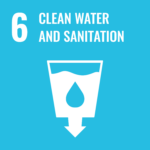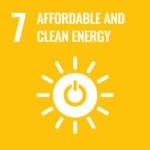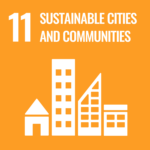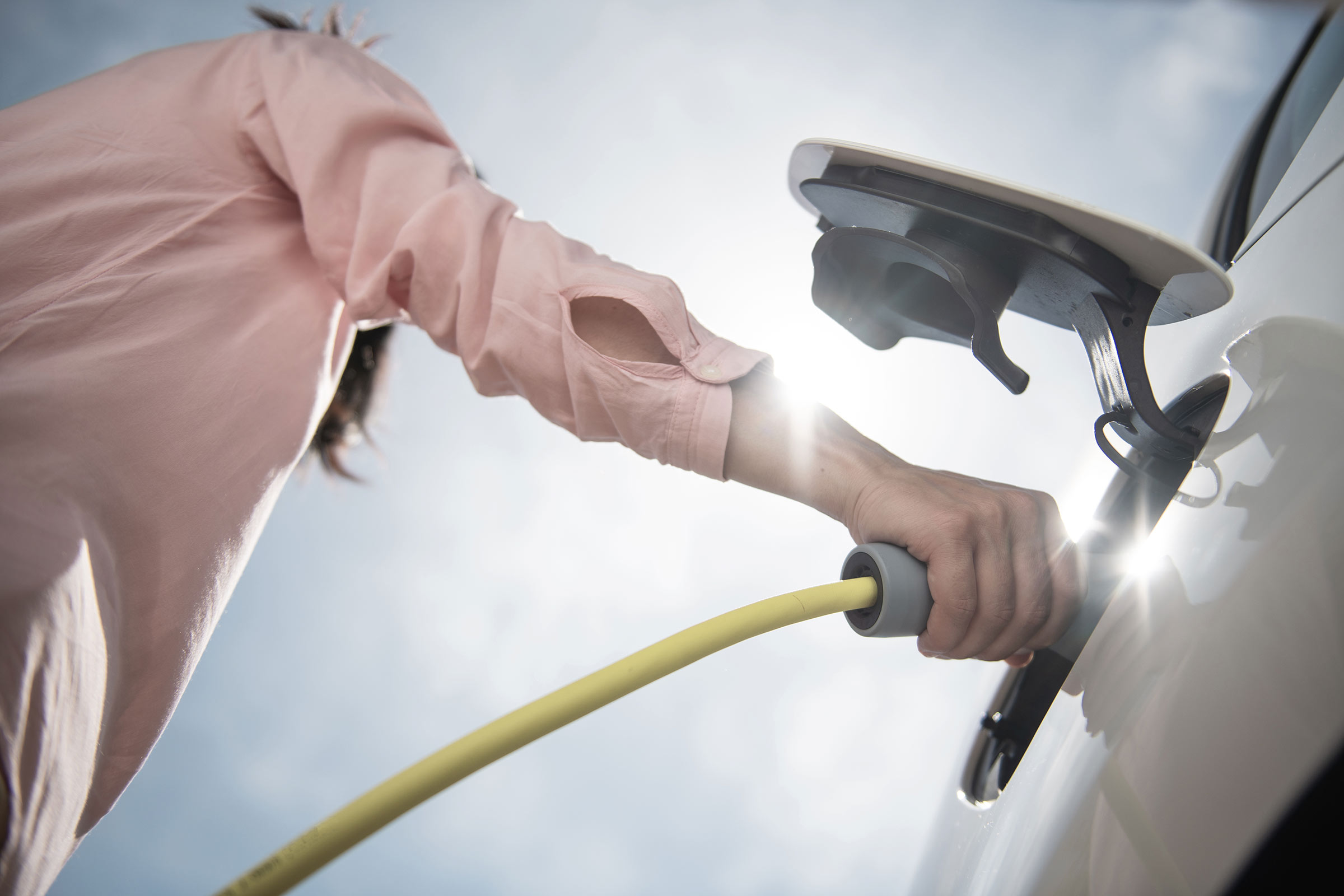Reduction of carbon footprint through responsible real estate management
UN SDGs relevant to us in the area of environment




As a real estate investor, we have a unique responsibility with regards to the protection of our environment, and the achievement of national and international climate targets.
The real estate sector accounts for around 40 percent of current CO2 emissions worldwide. It is therefore important to identify, and implement sustainable solutions to decrease the CO2 emission, and increase energy efficiency of our real estate portfolio. We have been working tirelessly since 2017 on measures to optimize the use of natural resources in our real estate portfolio.
We are currently focusing on the following areas of action in environmental protection.
We also systematically consider the life cycle of a property and its impact on our environmental risk profile as part of our due diligence process for new acquisitions.
climate neutral property portfolio by 2050
In 2022, Peach Property Group developed a decarbonization path. Starting from our 2021 baseline year with a CO2 intensity (Scope 1 & 2) of around 34 kg CO2e/m²a, we aim to reduce the CO2 intensity to less than 30 kg CO2 e/m²a by 2030 and to achieve a carbon-neutral portfolio with a CO2 intensity of less than 10 kg CO2 e/m²a by 2050. These targets represent an annual reduction of 8 500 tons of CO2 emissions by 2030 and 41 000 tons by 2050, based on the current portfolio size.

With gas being by far the most important source of heat energy in our portfolio, the sharp increase in the cost of fossil fuels has reaffirmed the importance of modern and efficient heating systems.
To help us achieve our decarbonization goals, we have developed and implemented a carbon emissions reduction strategy, including carbon emissions reduction measures supported by continuous improvement of our data sets and data granularity. The renovation of existing heating systems and improved building insulation are just a couple of reduction measures we are focusing on.
Replacing or renovating heating systems, converting to modern condensing technology, transitioning to district heating, and replacing CO2-intensive energy sources with renewable energy sources remain a key pillars of our decarbonization strategy.
For each modernization project, we conduct a comprehensive assessment to determine the technical and economic feasibility of incorporating renewable energy sources. In 2024, we replaced or modernized over 28 heating systems, and refurbished 20 roofs.
We are steadily expanding the smart meter infrastructure in our portfolio. The installation of intelligent smart meters enables to control and analyze consumption data in real time and adjust consumption patterns if needed. This provides us with a reliable database of our progress in decarbonizing our operations. Additionally, smart meters raise tenants’ awareness of their consumption as it allows them to see and manage their real-time water, electricity, or heating consumption and gives them the opportunity to reduce energy consumption and save costs. By the end of 2023, smart meters had been installed in approximately 50 percent of eligible apartments (previous year: approx. 37 percent).1
We are additionally on course to achieve dynamic hydraulic balancing as well as precise control of volume flows and system temperatures in many of our buildings by installing digital valves in the heating distribution system. This smart system learns and analyzes the building’s operations, gradually driving savings to double-digit percentage levels.
We are actively working to lower carbon emissions linked to employee commutes and business travel, both of which are Scope 3 emissions. Most of our properties within the commuter belt of metropolitan areas are well-connected to the public transport system. We actively encourage employees to take public transportation by providing them with public transportation passes.
When setting up our facility management structure based on our Strategic Portfolio, we had to account for longer travel distances. As a result, we were unable to expand the use of electric vehicles as initially planned. In 2024, our fleet consisted of 47 % combustion vehicles (2023: 39 %), 50 % electric vehicles (EV) (2023: 60 %), and 3 % hybrid vehicles (2023: 1 %). We are closely monitoring the EV market and will continue to expand our fleet where appropriate – particularly once models with longer ranges are available.
In order to further reduce greenhouse gas emissions, we continuously measure and analyze important environmental KPIs from our rental units. The data is collected and evaluated in accordance with the GRI-Standards as well as EPRA sBPR. The entire set of environment-related KPIs can be found in our Sustainability Report 2024.
| Unit of measure | 2023 | |
|---|---|---|
| Emissions Scope 1 | t CO²e | 27 393 |
| Emissions Scope 2 (location-based) | t CO²e | 12 308 |
| Emissions Scope 2 (market-based) | t CO²e | 7 864 |
| GHG emissions intensity Scope 1 & 2 (location-based) | kg CO²e/m² | 26.92 |
| Total energy consumption | kWh | 205 962 992 |
| Building energy intensity | kWh/m² | 140 |
| Building water consumption intensity | m³/m² | 1.42 |
| Waste intensity | kg/m² | 18.23 |
EPRA Award 2023

In 2023, the Peach Property Group was awarded the EPRA (European Public Real Estate) Gold Award for the sustainability reporting.
The ERPA Awards are awarded annually to real estate companies that successfully implement the EPRA BPR Guidelines.
- 20 500 units in our portfolio are eligible for smart meter installation. ↩︎







